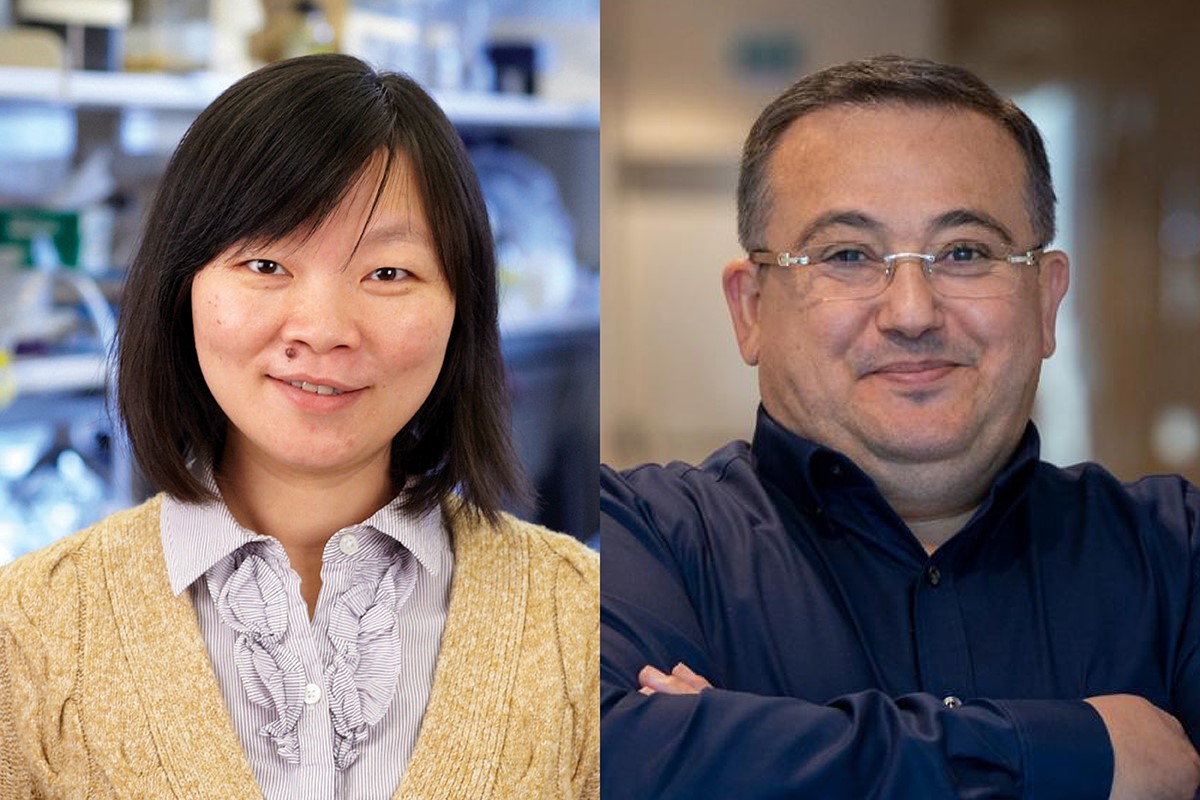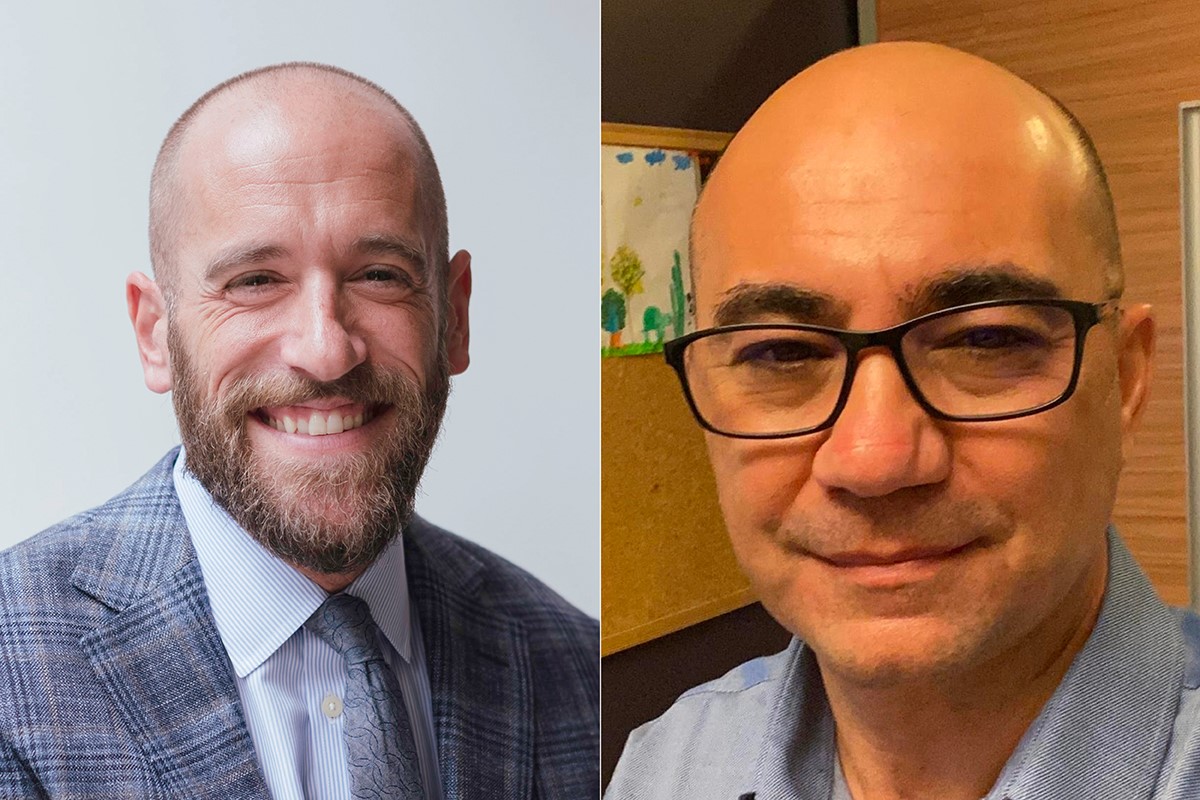International Precision Oncology Tumor Board — MEK inhibition
In this edition of the Molecular Tumor Board series on precision oncology, global leading experts discuss MEK inhibition in various tumor contexts. The panelists include world-renowned physicians from Medicana International Hospital Group Precision Cancer Center, Acibadem Health Group (Adana Acibadem Hospital), Bhaktivedanta Hospital and Research Institute, and Memorial Sloan Kettering Cancer Center.
This meeting took place on September 20, 2023.
International Precision Oncology Tumor Board -- MEK inhibition

Dr. Ping Chi, Memorial Sloan Kettering and Dr. Mutlu Demiray, Medicana International Hospital Group Precision Cancer Center

Dr. Eli Diamond, Memorial Sloan Kettering and Dr. Umut Disel, Acibadem Health Group (Adana Acibadem Hospital)

Dr. Rachel Grisham, Memorial Sloan Kettering and Dr. Nirmal Raut, Bhaktivedanta Hospital and Research Institute

Dr. Rona Yaeger, Memorial Sloan Kettering
Ping Chi, MD, PhD is a medical oncologist specializing in GIST and NF1-deficient sarcomas, including NF1(type I neurofibromatosis)-associated MPNSTs and GIST. Her research in the clinic and lab showed the role of ETV1 and KIT in GIST tumors and the rationale to combine MEK inhibitors and KIT (Gleevec) inhibitors as a strategy to delay resistance and reported in Nature, Cancer Discovery and Journal of Clinical Oncology.
Eli Diamond, MD is a Neuro-Oncologist and an international expert in the study and treatment of histiocytic neoplasms and has written the authoritative published guidelines for Erdheim-Chester Disease, Langerhans Cell Histiocytosis, and Rosai-Dorfman Disease. He led two clinical trials that resulted in FDA approval for BRAF inhibition (vemurafenib) and MEK inhibition (cobimetinib) for adults with histiocytic neoplasms.
Rachel Grisham, MD is a medical oncologist specializing in GYN cancers. Her research focuses on novel mechanisms for targeting MAPK pathway alterations in low grade serous ovarian cancers. Her seminal discoveries led to binimetinib (PI3K inhibitor) listed in NCCN guidelines for low grade serous ovarian and reported in the Journal of Clinical Oncology. She is the global PI of the ongoing RAMP301, a phase 3 study of avutometinib (MEK/RAFi) and defactinib in recurrent low grade serous ovarian cancer.
Rona Yaeger, MD is a medical oncologist specializing in GI cancers, with a particular interest in targeting the MAPK pathway. Her research with MEK inhibitors in the clinic and the lab has highlighted the need for profound pathway inhibition for clinical response and the difficulty achieving this because of the narrow therapeutic index of current MEK inhibitors. She co-authored a study published in Cancer Discovery that categorizes three classes of MEK mutations with functional and clinical implications.